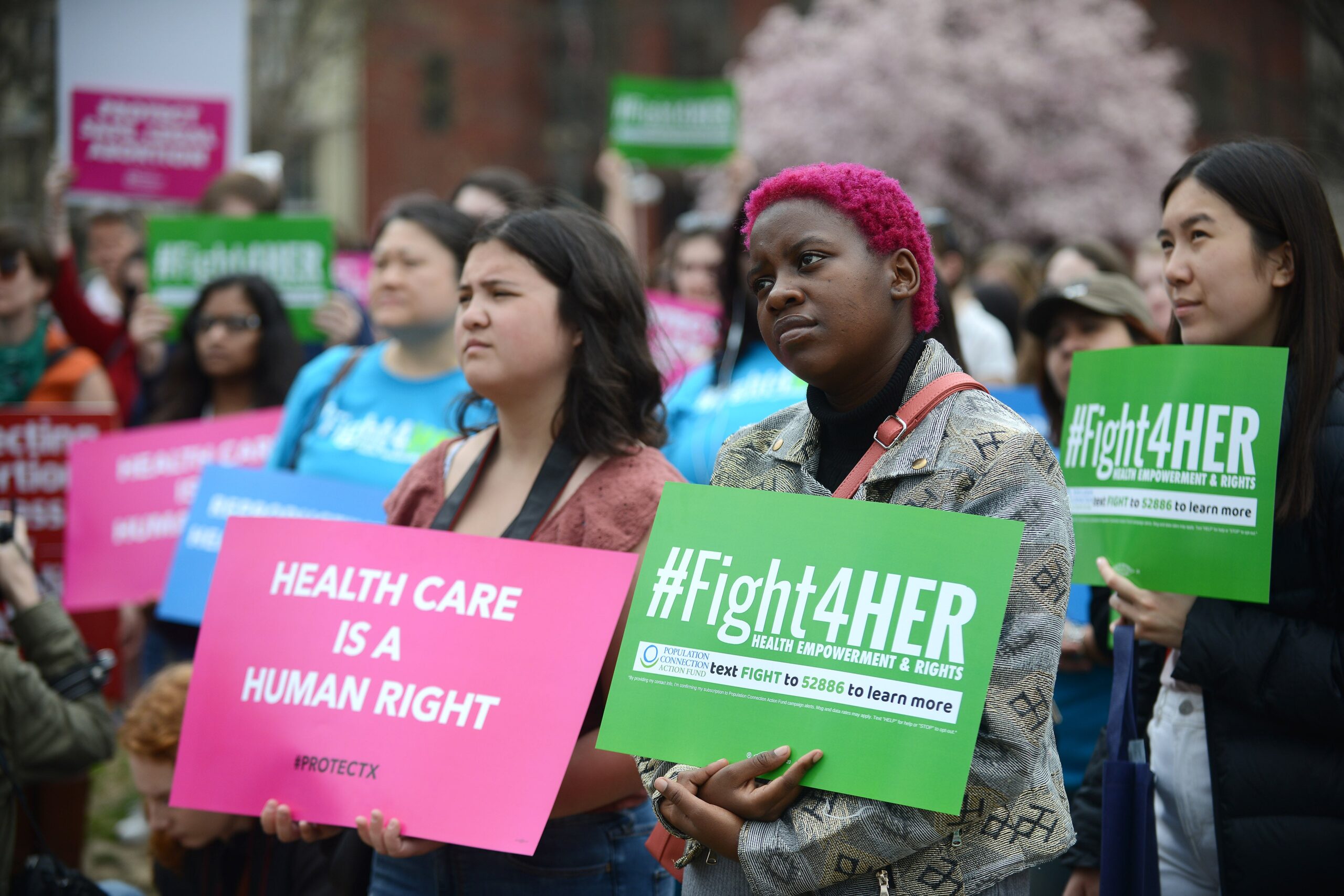In the ongoing, gut-wrenching, Handmaid’s Tale-like real-life saga that is the decimation of reproductive rights across the country, yet another state has weighed in on its hatred of women. And yet. And yet, this time, Kansas came through for the bodily autonomy of its women citizenry.
Suggested Reading
On Friday, the Kansas Supreme Court declared that the Kansas State constitution recognizes the right to an abortion, independent of federal law. In other words, even if 1973’s Roe v. Wade was overturned, the right to an abortion stands in Kansas, based on the state constitution with “with no path for an appeal,” according to NPR.
After two years of consideration, the justices decided in the case of Hodes & Nauser MDs, PA, et al v. Derek Schmidt et al, a challenge to yet another draconian law passed, SB 95, also known as the Kansas Unborn Child Protection from Dismemberment Abortion Act. SB 95, passed in 2015, prohibited dilation and evacuation abortions except when necessary to preserve the life of the mother, D&E’s being the most common form of second-trimester abortion. According to NPR, the procedure only accounts for 9% of abortions in Kansas.
NPR does a wonderful job of recounting the winding path that the law took the state’s high court, but what stands out is that the plaintiffs, doctors Herbert Hodes and his daughter Traci Nauser, challenged the law in a way that “was unusual in that they did not argue the statute is illegal under the U.S. Constitution. Rather, they based their argument on the Kansas Constitution, contending that Sections 1 and 2 of its Bill of Rights recognize a ‘fundamental right to abortion.’”
In fact, the decision began by quoting the state constitution’s bill of rights.
“Section 1 of the Kansas Constitution Bill of Rights provides: ‘All men are possessed of equal and inalienable natural rights, among which are life, liberty, and the pursuit of happiness,’” the opinion states. “We are now asked: Is this declaration of rights more than an idealized aspiration? And, if so, do the substantive rights include a woman’s right to make decisions about her body, including the decision whether to continue her pregnancy? We answer these questions, ‘Yes.’”
The 199-page decision discusses at length the state constitutional source of abortion rights, grounding it in the state’s protection of “natural rights” and concluded those rights include personal autonomy and bodily integrity, of which the right to make decisions about parenting and procreation.
“At the heart of a natural rights philosophy is the principle that individuals should be free to make choices about how to conduct their own lives, or, in other words, to exercise personal autonomy,” the decision states. “Few decisions impact our lives more than those about issues that affect one’s physical health, family formation, and family life.”
“At issue here is the inalienable natural right of personal autonomy, which is the heart of human dignity. It encompasses our ability to control our own bodies, to assert bodily integrity, and to exercise self-determination,” the opinion continues. “Imposing a lower standard than strict scrutiny, especially mere reasonableness, or the dissent’s ‘rational basis with bite’—when the factual circumstances implicate these rights because a woman decides to end her pregnancy—risks allowing the State to then intrude into all decisions about childbearing, our families, and our medical decision-making.”
Justice Caleb Stegall, the only one of seven justices to dissent, issued his minority opinion saying the majority opinion “fundamentally alters the structure of our government to magnify the power of the state—all while using that power to arbitrarily grant a regulatory reprieve to the judicially privileged act of abortion.”
Ironically, Kansas’ Republican-majority legislature was the first in the country to pass a D & E ban, based on legislation pushed by the National Right to Life Committee.
Friday’s decision is the first time a state supreme court has recognized abortion rights under a state constitution.
For now, the only way out of this positive development is to change the state constitution, which I’m sure will be the next plan of action. The saga continues.
Straight From 
Sign up for our free daily newsletter.



